BASIC GUIDE
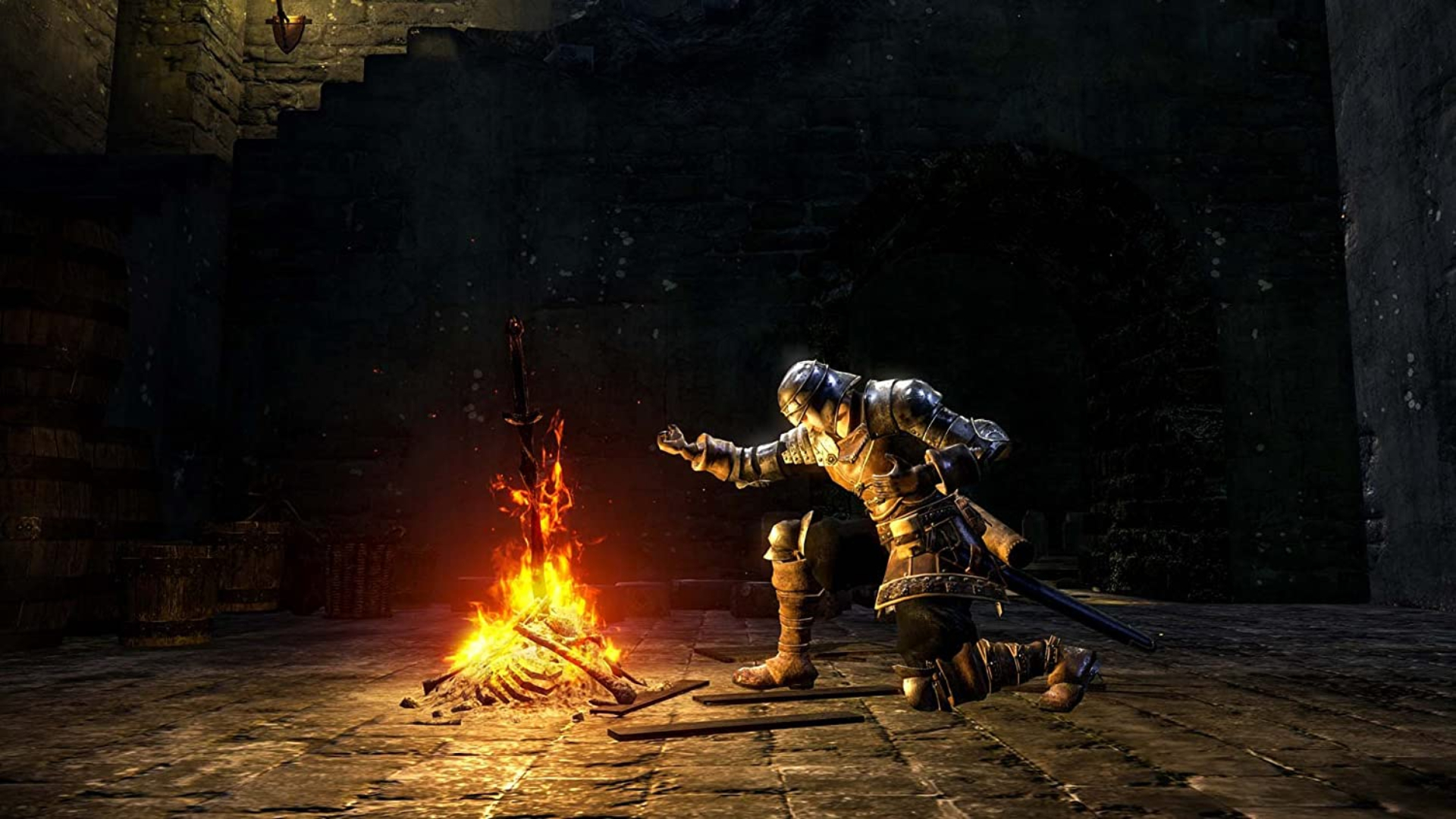
In the realm of Souls-like games, mastering the basic moves and controls is the cornerstone of survival and
success. These games, renowned for their punishing difficulty and deep combat mechanics, demand players to become
intimately familiar with a set of fundamental actions that form the bedrock of their journey through perilous
landscapes and formidable foes.
At the heart of the player's arsenal are the basic movements — walking, running, and sprinting. Navigating the
intricacies of the game world requires a keen understanding of these motions, allowing players to explore hidden
corners, evade lurking dangers, and engage enemies strategically. A careful balance between cautious exploration
and swift mobility is key to progression.
Combat, the lifeblood of Souls-like games, introduces a repertoire of actions that must be executed with
precision. Basic attacks, typically performed with a weapon, are the bread and butter of any adventurer. The
timing and direction of these strikes can make the difference between overcoming a foe unscathed and facing a
perilous demise. Blocking with a shield or parrying an opponent's attack introduces defensive options, requiring
not just skill but a deep understanding of enemy patterns.
Dodging, perhaps the most vital move in the player's arsenal, involves a swift roll or sidestep to evade incoming
attacks. Mastering the art of dodging is essential, providing a temporary reprieve from danger and creating
openings for counterattacks. The timing and direction of these dodges are a delicate dance, demanding a blend of
intuition and careful observation.
Healing is another crucial aspect, allowing players to restore health amid intense encounters. Knowing when to
heal, finding a brief respite in the chaos of battle, adds a strategic layer to the gameplay. Resource management
becomes an art as players juggle their limited healing items, contemplating the optimal moment to replenish their
health.
In this unforgiving landscape, where every move counts, understanding and mastering these basic moves and controls
lay the foundation for the epic and challenging odyssey that awaits in Souls-like games. The synergy of these
actions transforms the player from a mere adventurer into a skilled tactician, navigating the intricate dance of
combat and exploration with finesse and determination.
PARRY
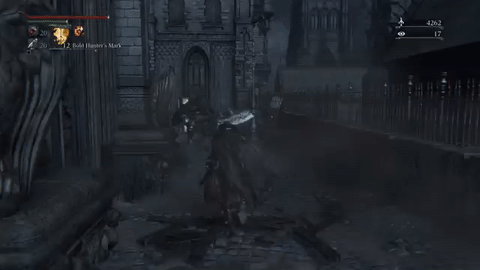
Parrying holds paramount importance in Souls-like games due to its multifaceted impact on combat dynamics. It
serves as a strategic skill that, when mastered, empowers players to turn the tide of challenging encounters. The
ability to parry not only mitigates incoming damage but also opens up opportunities for devastating
counterattacks, granting players the upper hand against formidable foes and bosses.
In the intricate dance of combat, parrying acts as a precise and calculated maneuver, rewarding players for
understanding enemy attack patterns and timings. This skillful technique not only demands finesse but also
cultivates a deeper connection between the player and the game's mechanics. Successful parries provide a sense of
accomplishment and mastery, making the grueling battles in Souls-like games more satisfying.
Moreover, parrying becomes a tactical cornerstone for conserving resources, offering an alternative to evasive
maneuvers or relying solely on shields. In the unforgiving landscapes of these games, where every move counts,
parrying emerges as a vital tool, transforming each encounter into a dynamic and skill-driven dance for survival.
ROLL
Rolling is a pivotal and strategic element in Souls-like games, contributing significantly to a
player's survival and success in combat. This evasive maneuver allows players to swiftly dodge incoming attacks,
navigate treacherous environments, and position themselves advantageously. The importance of rolling lies in its
versatility; it not only serves as a defensive tool but also facilitates precise positioning for counterattacks.
In the intricate ballet of combat, rolling becomes a fundamental aspect of mastering enemy patterns and timings.
Successful rolls grant players a temporary invincibility, enabling them to navigate through complex attack
sequences unscathed. This dynamic movement mechanic encourages an agile and adaptive playstyle, fostering a sense
of responsiveness and control in the face of relentless adversaries.
Furthermore, rolling is integral to resource management, providing an alternative to traditional blocking with
shields. By judiciously timing rolls, players conserve stamina and avoid being staggered, ensuring sustained
effectiveness in prolonged engagements. Ultimately, the importance of rolling in Souls-like games extends beyond
mere evasion; it embodies a strategic dance, where precise movements become the key to survival in the unforgiving
realms of challenging gameplay.
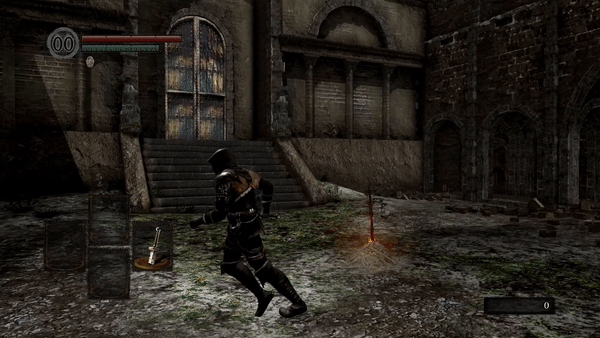
HEALING
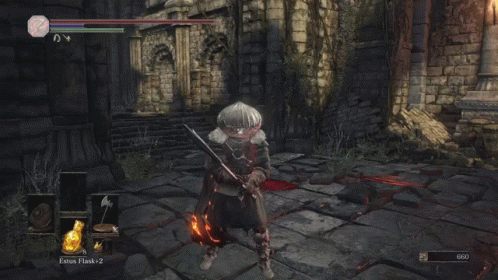
Healing plays a pivotal role in the high-stakes gameplay of Souls-like games, contributing to a
delicate balance between risk and reward. In these challenging environments, where every encounter poses a threat
to the player's survival, the ability to heal becomes a strategic necessity. Estus flasks or similar consumables
allow players to recover health during intense battles, offering a crucial lifeline.
The importance of healing lies in its integration into the game's risk-reward system. Finding the opportune moment
to heal requires careful consideration of the environment, enemy behavior, and attack patterns. This
decision-making process adds a layer of tension and skill to each encounter, as mistimed healing attempts can
leave players vulnerable to devastating attacks.
Healing also complements the game's overall pacing, encouraging a methodical approach to exploration and combat.
It underscores the significance of resource management, as players must ration their healing items wisely to
endure the relentless trials presented by the game world. Ultimately, the ability to heal effectively is not just
a means of replenishing health; it becomes a strategic art, influencing the outcome of battles and shaping the
player's journey through the unforgiving landscapes of Souls-like games.
TIMING
Timing is of paramount importance in Souls-like games, defining the thin line between success and failure in the
face of relentless challenges. Every action, from attacks and dodges to parries and heals, hinges on precise
timing. Mastering the rhythm of enemy movements and attacks is crucial for survival.
In combat, well-timed strikes and parries can turn the tide, providing opportunities for critical hits or creating
openings in an opponent's defenses. Conversely, mistimed actions leave players vulnerable to devastating
counterattacks. The importance of timing extends to dodging as well; perfectly timed rolls grant precious moments
of invincibility, while poorly timed evasions can result in punishing damage.
Exploration in Souls-like games also demands impeccable timing, as environmental hazards, traps, and ambushes
require careful navigation. The game's punishing difficulty reinforces the significance of timing, creating an
immersive experience where success is not merely about raw skill but about understanding and synchronizing with
the intricate timing inherent in every aspect of the gameplay.
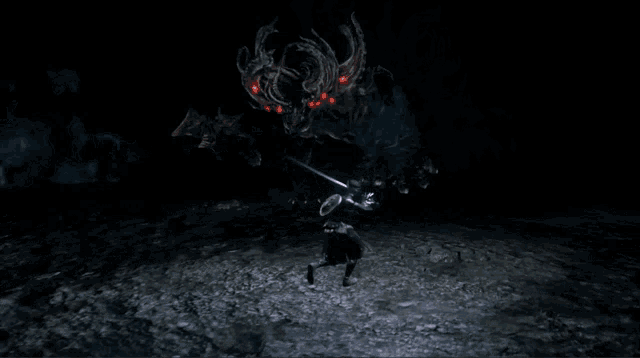
SKILL ART

A huge feature of the game are the various weapon skills that a player can obtain throughout the
The Lands Between. Skills are a combat and character progression feature that make their return from the Dark
Soul's 3. However, in Elden Ring, FromSoftware concentrated on the level of freedom that Ashes of War provide the
player.
In Dark Souls 3, skills (a.k.a., weapon arts) were fixed to their respective armaments. Now, in Elden Ring, you're
able to freely grant skills to a variety of weapons, and as mentioned by creator Hidetaka Miyazaki, there are
about 100 different skills in total. You are free to combine skills with different weapons to craft Builds that
express your unique playstyle.
PVP
Player versus player (PvP) adds a compelling layer of depth and excitement to Souls-like games, injecting an
element of unpredictability into the already challenging landscape. The importance of PvP lies in its capacity to
elevate the gaming experience beyond scripted encounters. Engaging in PvP duels or invasions provides a dynamic
platform for players to test their skills against human opponents, transcending the predictable patterns of
AI-controlled enemies.
PvP fosters a sense of community as players challenge each other in intense, one-on-one battles. It encourages the
exchange of strategies, tactics, and the refinement of combat techniques. The unpredictable nature of human
opponents keeps the experience fresh and demands adaptability, pushing players to evolve their playstyles.
Moreover, victorious encounters in PvP often yield valuable rewards or recognition, motivating players to delve
deeper into the game's mechanics and refine their combat prowess. The competitive nature of PvP not only adds
replay value but also transforms the solitary journey into a shared experience, where every clash with another
player becomes a memorable and impactful chapter in the overarching narrative of the Souls-like universe..
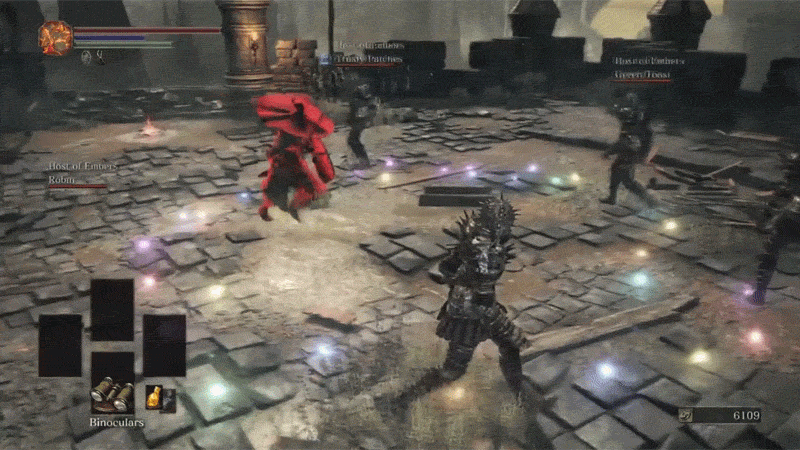
BACKSTAB

A backstab in Souls-like games is a strategic and lethal maneuver that allows players to exploit an opponent's
vulnerability from behind. This technique involves sneaking up on an enemy and executing a precise attack that
results in a devastating critical hit. Successfully landing a backstab requires careful positioning, timing, and
an understanding of the target's movements.
The significance of backstabs lies not only in their potential for high damage but also in their role as a
tactical tool. Players can use backstabs to gain an advantage in challenging encounters, especially against
formidable foes and bosses. The execution of a backstab often demands finesse and awareness of the enemy's attack
patterns, adding an element of skill to the otherwise punishing combat dynamics of Souls-like games. Mastering the
art of backstabbing becomes a crucial aspect of a player's repertoire, offering a satisfying and strategic avenue
for overcoming the game's demanding adversaries.








